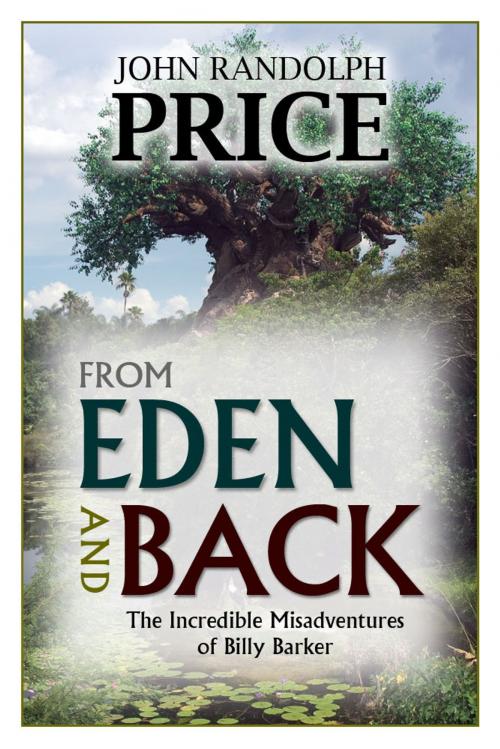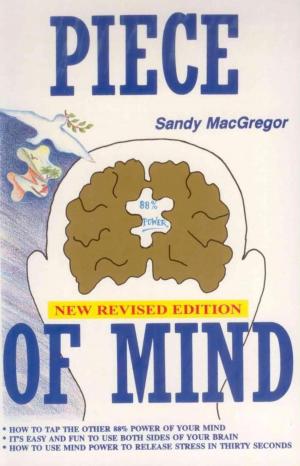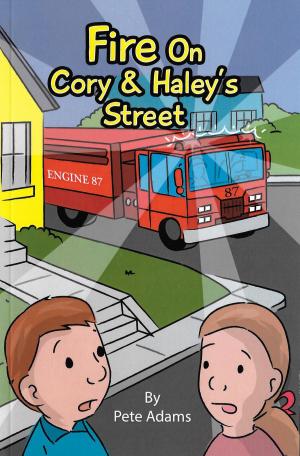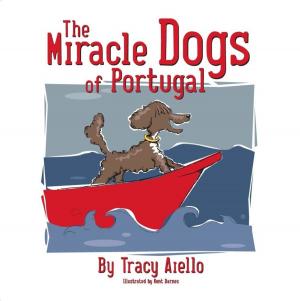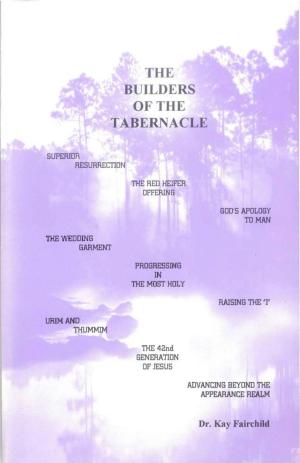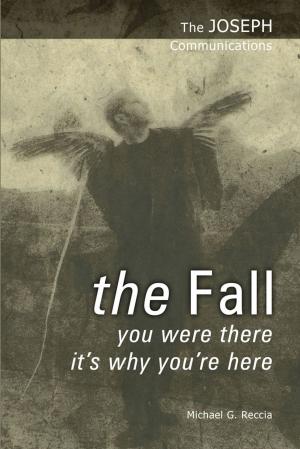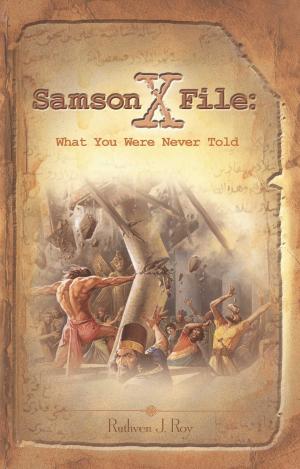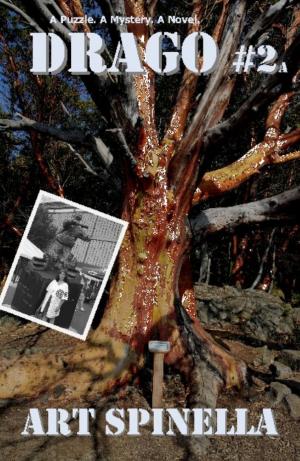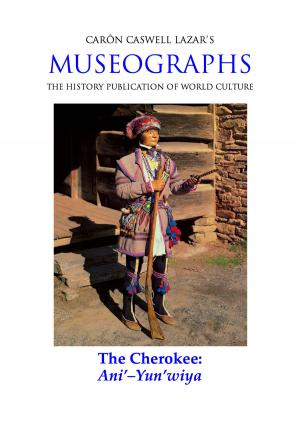From Eden and Back: The Incredible Misadventures of Billy Barker
Nonfiction, Religion & Spirituality, Philosophy, Good & Evil, Fiction & Literature, Drama, Entertainment| Author: | John Randolph Price | ISBN: | 9781456608606 |
| Publisher: | eBookIt.com | Publication: | May 20, 2012 |
| Imprint: | eBookIt.com | Language: | English |
| Author: | John Randolph Price |
| ISBN: | 9781456608606 |
| Publisher: | eBookIt.com |
| Publication: | May 20, 2012 |
| Imprint: | eBookIt.com |
| Language: | English |
When John Randolph Price read Candide–written by Voltaire in 1759 and considered a remarkable satiric novel even to this day—he was inspired to write a similar parody for our time. He would take the basic elements of Candide and weave them into a book of comic criticism of today's contemporary life.
Price's tale carries symbolic heros through bizarre experiences and disastrous adventures to satirize religious and political extremism, criminal absurdities, strange beliefs, and curious lifestyles as he builds the philosophical and spiritual foundation toward a startling conclusion. The characters are comical, the action filled with ironic twists and turns as the heros frantically search for the meaning of God, life, and this world.
With exaggeration and farcical stretches of imagination, the barbs fly at everything considered sacred. Ultimately they find the Master Teacher who has all the answers. It is an exciting journey to the hidden garden where the mysteries of life are finally understood.
Price's tale carries symbolic heros through bizarre experiences and disastrous adventures to satirize religious and political extremism, criminal absurdities, strange beliefs, and curious lifestyles as he builds the philosophical and spiritual foundation toward a startling conclusion. The characters are comical, the action filled with ironic twists and turns as the heros frantically search for the meaning of God, life, and this world.
With exaggeration and farcical stretches of imagination, the barbs fly at everything considered sacred. Ultimately they find the Master Teacher who has all the answers. It is an exciting journey to the hidden garden where the mysteries of life are finally understood.
When John Randolph Price read Candide–written by Voltaire in 1759 and considered a remarkable satiric novel even to this day—he was inspired to write a similar parody for our time. He would take the basic elements of Candide and weave them into a book of comic criticism of today's contemporary life.
Price's tale carries symbolic heros through bizarre experiences and disastrous adventures to satirize religious and political extremism, criminal absurdities, strange beliefs, and curious lifestyles as he builds the philosophical and spiritual foundation toward a startling conclusion. The characters are comical, the action filled with ironic twists and turns as the heros frantically search for the meaning of God, life, and this world.
With exaggeration and farcical stretches of imagination, the barbs fly at everything considered sacred. Ultimately they find the Master Teacher who has all the answers. It is an exciting journey to the hidden garden where the mysteries of life are finally understood.
Price's tale carries symbolic heros through bizarre experiences and disastrous adventures to satirize religious and political extremism, criminal absurdities, strange beliefs, and curious lifestyles as he builds the philosophical and spiritual foundation toward a startling conclusion. The characters are comical, the action filled with ironic twists and turns as the heros frantically search for the meaning of God, life, and this world.
With exaggeration and farcical stretches of imagination, the barbs fly at everything considered sacred. Ultimately they find the Master Teacher who has all the answers. It is an exciting journey to the hidden garden where the mysteries of life are finally understood.
